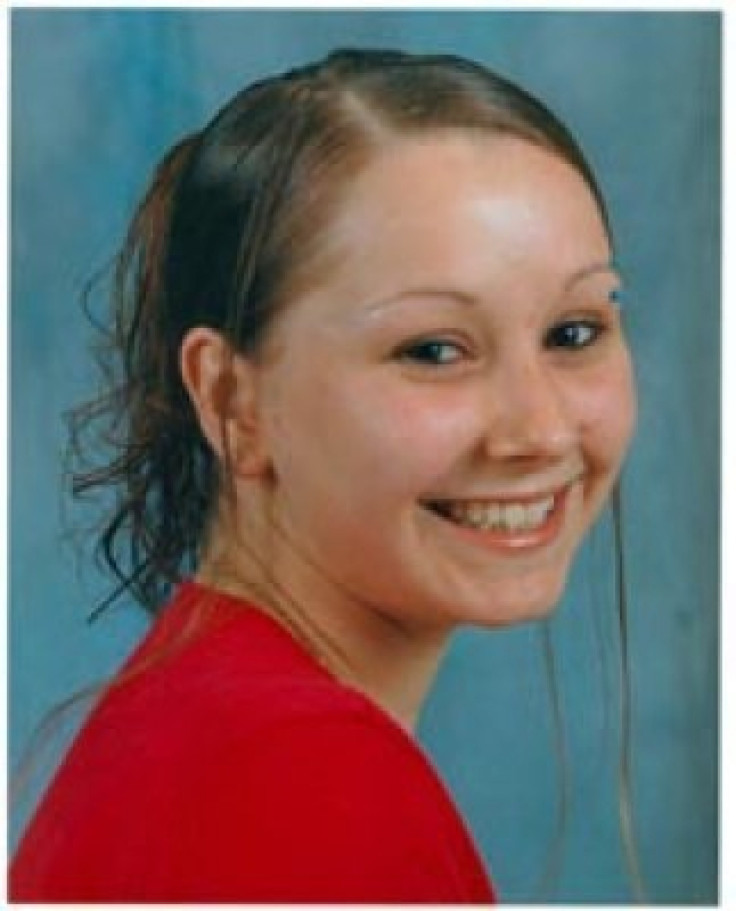How Will The Cleveland Kidnapping Victims Recover? Amanda Berry, Gina DeJesus, Michelle Knight Face Tough Adjustments

How does someone get back to "normal" after a decade of abuse in captivity?
The three Cleveland women who were rescued from alleged kidnapper and abuser Ariel Castro last week undoubtedly suffered severe trauma during their 10-year ordeal. How will Amanda Berry, Gina DeJesus and Michelle Knight recover from the constant sexual and psychological abuse they endured? Will they adjust well, like Elizabeth Smart, the Utah girl who was kidnapped in June 2002 at age 14 and repeatedly raped before being rescued nine months later? Or will it be a long road ahead, as seen in prisoners of war and domestic violence survivors who suffer with fear, sometimes for the rest of their lives?
The ability of Berry, DeJesus and Knight to overcome such severe abuse will depend largely on their psychological makeup, say experts.
“They’re going to have different needs, particularly the youngest of the three victims,” Jodi Quas, professor of psychology and social behavior at the University of California, Irvine, said. She was referring to DeJesus, who was 14 when she was kidnapped. Berry was 16 and Knight was 21 at the time of their abductions.
“The 14-year-old was really at a transitional period in her life” when she was kidnapped, Quas said.
The biggest obstacles the three victims will face is getting over the chronic fear they felt, allegedly at the hands of Castro, who allegedly raped them, shackled them and punched them in the stomach while pregnant to induce miscarriage. He also allegedly subjected them to extreme psychological abuse, forcing Berry and DeJesus to watch television footage of the vigils their family and friends were holding for them.
Quas said Berry, DeJesus and Knight will also struggle with “figuring out what’s normal” and getting back into a routine “where they can just begin to form bonds again with family.”
The most difficult transition may be that of Berry’s 6-year-old daughter, who was allegedly fathered by Castro and whose only visions of the world are shaped by the Cleveland home where she had been confined her entire life.
“Certainly, her upbringing has not been normal,” Quas said.
Over time, the victims may have become resigned to a fate of endless captivity due to the psychological toll of the abuse, according to Christina DeJong, associate professor of criminal justice at Michigan State University.
According to police statements, the girls were allegedly tested by Castro, who would tell them he was leaving the Cleveland home but return seconds later. If he sensed that they tried to escape, he would punish them.
“Their level of fear was probably so high,” DeJong said. “They fear retribution and they fear punishment, so their lives become normal, in a way.”
As the public tries to grasp how the girls were sexually and psychologically abused for 10 years, some may place some blame on the victims for not doing enough to escape, Quas said.
“People don’t know how they’d respond to the same situation,” the professor said. “People are going to have a variety of different responses.”
The recovery of Berry, DeJesus and Knight may go a multitude of ways: They can quickly overcome the trauma and become activists, like Smart has done; they can be faced with heightened fear responses that may stay with them for years, as sometimes happens to prisoners of war or domestic violence victims; or they may respond with a combination of both.
In the years after her rescue, Smart, now 25, started a foundation in her name and has become an advocate for missing children.
“Too many families experience the nightmare of having a child go missing. I know what it is like to be that child. I know what it is like to think that one false move may lead to not only your own death but the death of family members as well. Nobody can ever blame a child for their actions when they are being threatened, bullied, forced or coerced into doing something unthinkable,” Smart says on the Elizabeth Smart Foundation website. “That is why the Elizabeth Smart Foundation was created, because what if we could prevent future crimes against children? Wouldn’t it be worth it to do everything to bring home that one child?”
© Copyright IBTimes 2024. All rights reserved.












